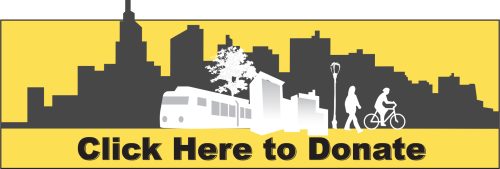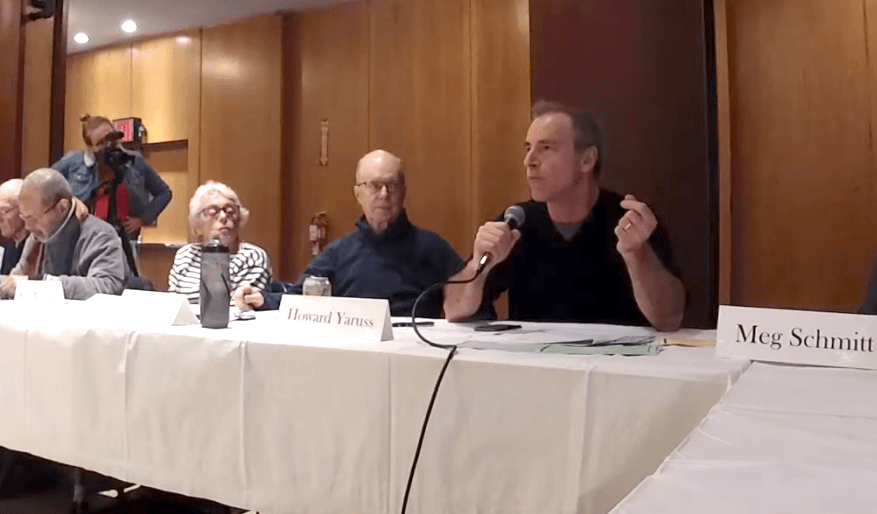
An Upper West Side community board rejected a watered-down version of a revolutionary attempt to end the greatest of all car culture entitlements — free parking on virtually every street in the neighborhood — sending back the neutered request for a study of the problem to committee to be watered down even further.
The full Community Board 7 voted to not vote on a Transportation Committee resolution that only asked the city to "analyze and assess" whether paid curbside space instead of free parking could benefit the neighborhood — a resolution that was itself a toned-down version of a proposal the transportation panel had passed in May. That resolution had said that free curbside space “exacerbates economic inequality by directing limited city resources to private car owners,” and sought to reuse that “precious commodity” to "create the greatest good for the greatest number of people."
The earlier resolution, citing the introduction of congestion pricing below 61st Street in 2021 asked the city to "consider more productive and equitable uses of curbside space, including, but not limited to: paid residential parking permits, meters capable of surge pricing and the best practices of other major cities.”
By last month, however, the resolution had been altered to simply asking the city to study the issue. But even that could not pass the full board on Tuesday night. The mere mention of a study that might lead to the end of "free parking" proved too much for some members of the board, who held onto the belief that car owners should get to store their vehicles in the public right of way for free, a form of psychosis.
One board member, Jay Adolf, declared himself "offended" at the idea that free parking "exacerbates economic inequality," and in fact said the city should create more free parking on the Upper West Side. He was roundly cheered by the car owners in the audiences.
"People who cannot afford the outrageous fees [of garages] must park in the streets," Adolf said. "They're the ones" who would "be hurt" by the resolution.
Board member Ken Coughlin summed up the hysteria as simply a matter of people not willing to give up a privilege that they think they have always had — even though free overnight parking was not legal until the 1950s.
"Virtually no one in that room could remember a New York City without streets wall-papered with free car storage," he said. "It’s become the water we swim in. Calling that into question is a surprisingly difficult cognitive shift, even for an otherwise progressive community board."
The chairman of the transportation panel, Howard Yaruss, said the panel would rework the resolution and return to the board with a new draft next month.






